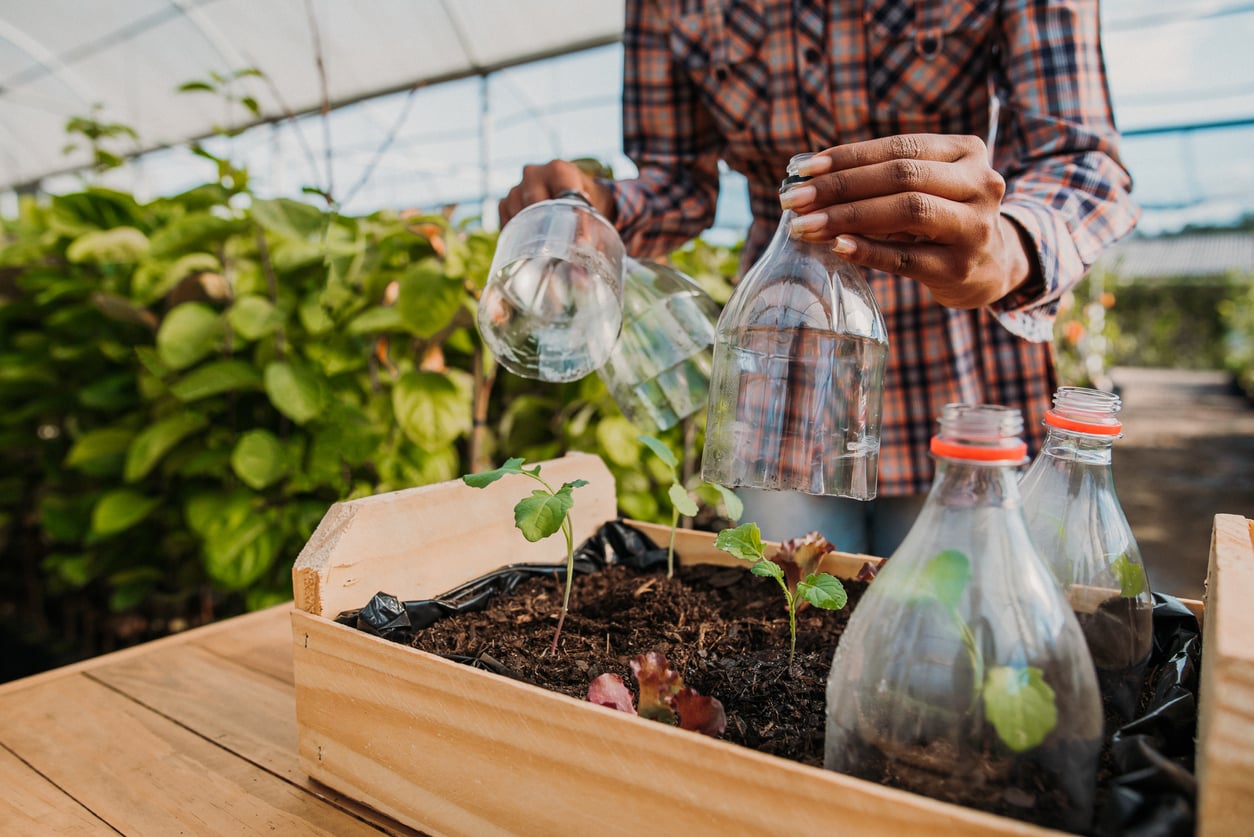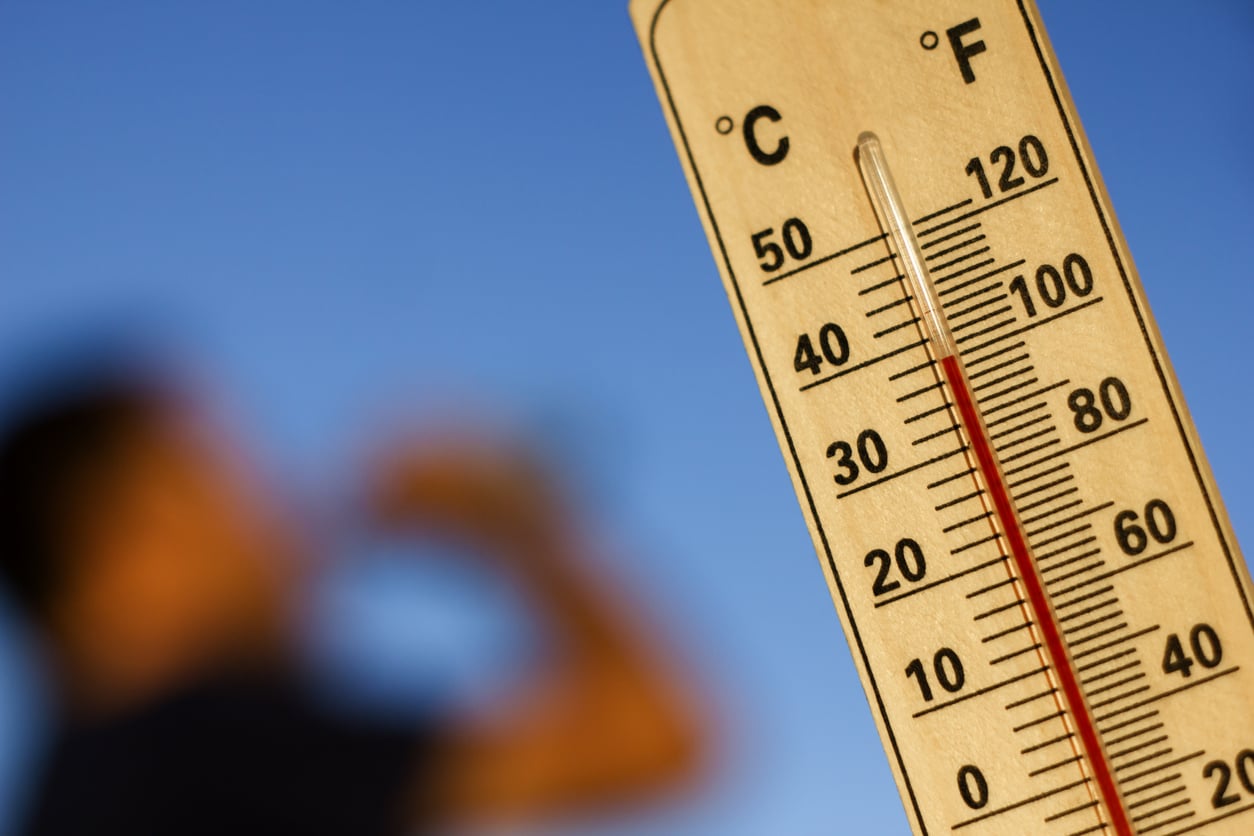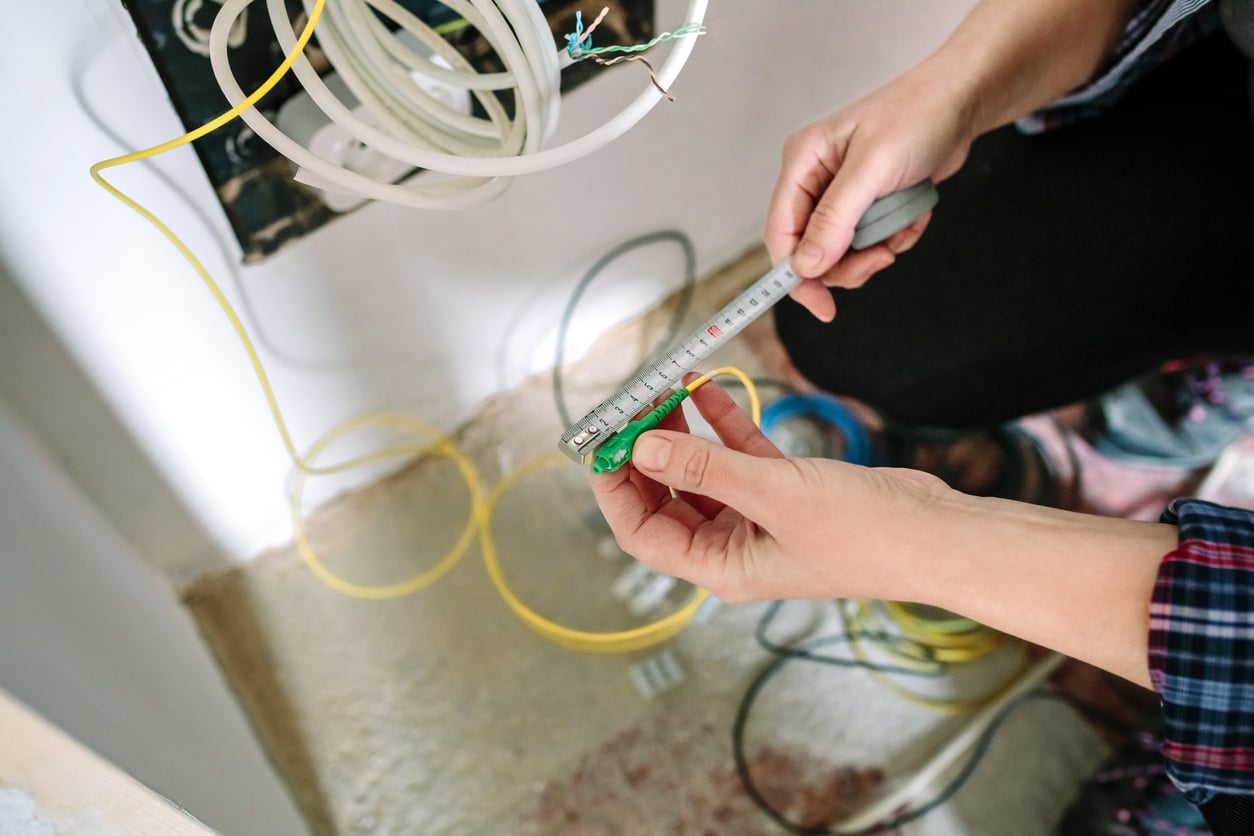5 Ways to Save the Ocean: Actions All of Us Can Take
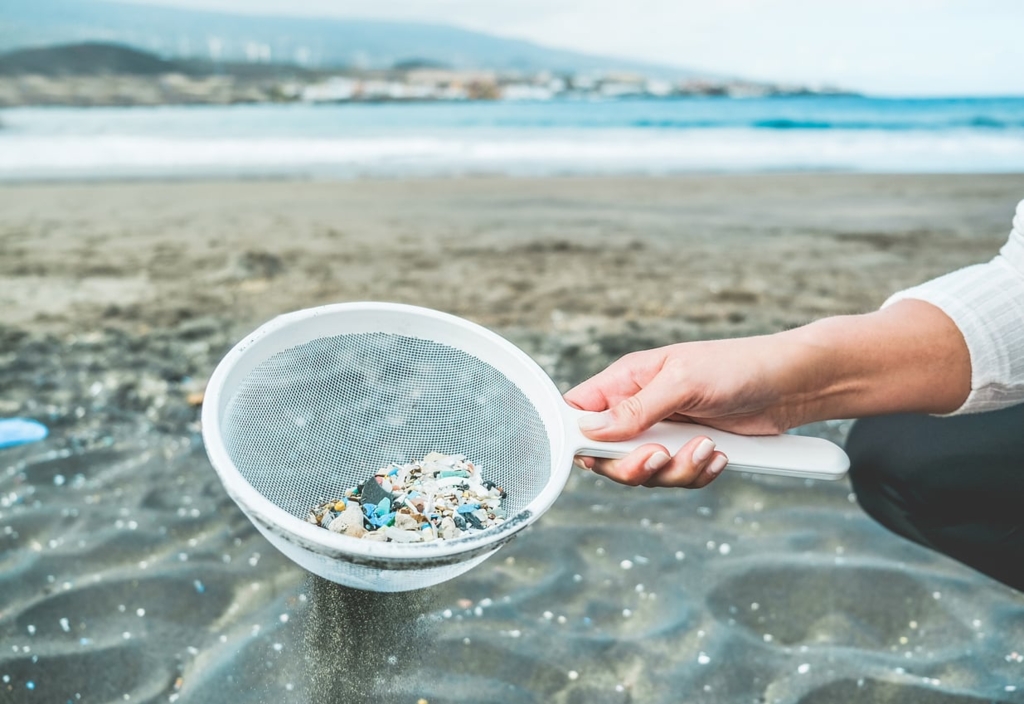
Did you know that the ocean generates more than half of the oxygen we breathe? It is also a vital source of food and livelihoods for millions of people. Unfortunately, our oceans are in trouble. Climate change, plastic pollution, and overfishing are just a few of the threats that ocean faces. But there is something we can all do to help! In this blog post, we will discuss 11 ways that each of us can save the ocean. Let's get started!
Reduce Food Waste and Compost
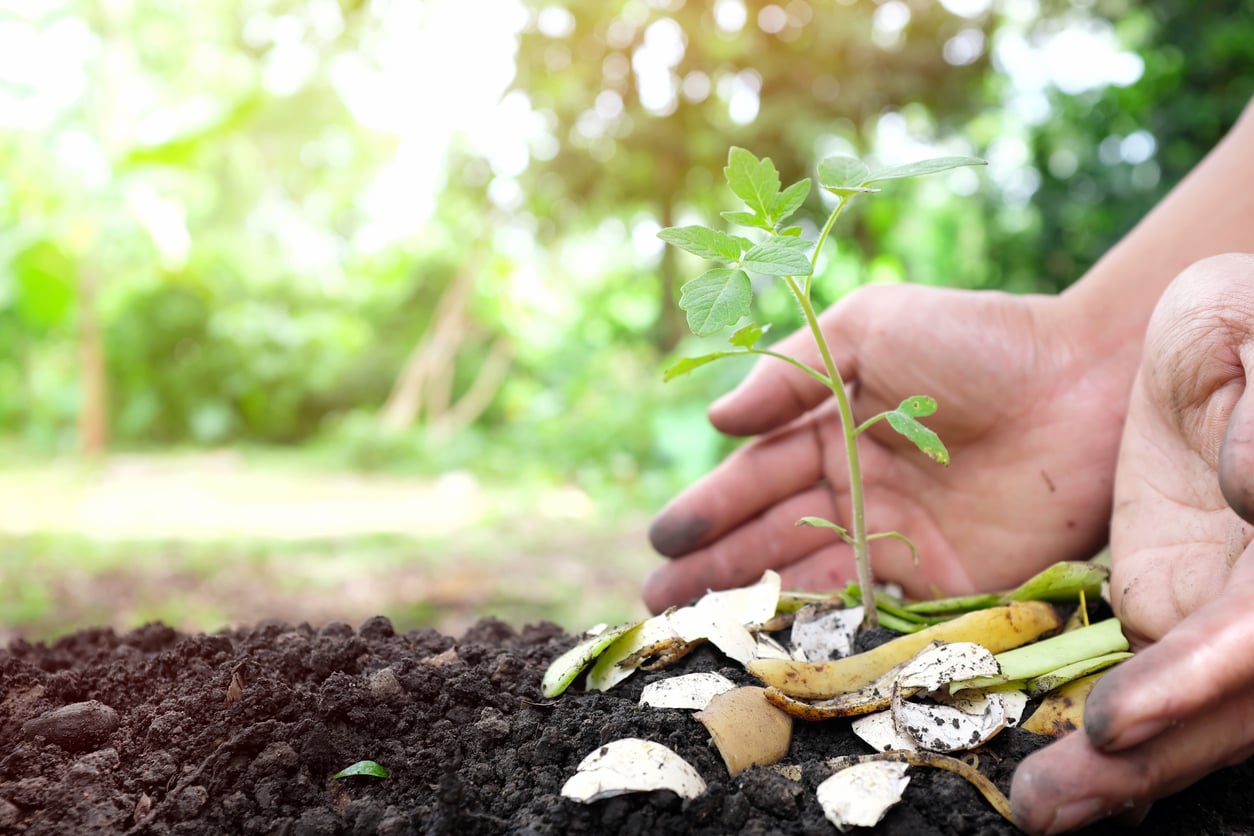
In recent years, the issue of food waste has gained increasing attention from both the public and private sectors. According to the United Nations, approximately one-third of all the food produced in the world is lost or wasted each year. This is not only a tragedy in terms of the millions of people who go hungry every day, but it also has a significant environmental impact. Food waste is a major contributor to greenhouse gas emissions, and when food rots in landfills it produces methane, a potent greenhouse gas. In addition, food waste takes up valuable space in landfills, and when it decomposes it creates leachate, a toxic liquid that can contaminate groundwater.
One way to reduce the environmental impact of food waste is to compost it. Composting is a natural process that breaks down organic matter into nutrient-rich soil. This soil can then be used to grow new plants and trees. In addition to reducing methane emissions, composting also reduces the need for chemical fertilizers, which can pollute waterways. Moreover, composting helps to create healthy soils that improve water retention and provide habitat for beneficial microbes. As a result, composting is an effective way to reduce food waste and help save our oceans.
Commit to a Plastic-Free Lifestyle
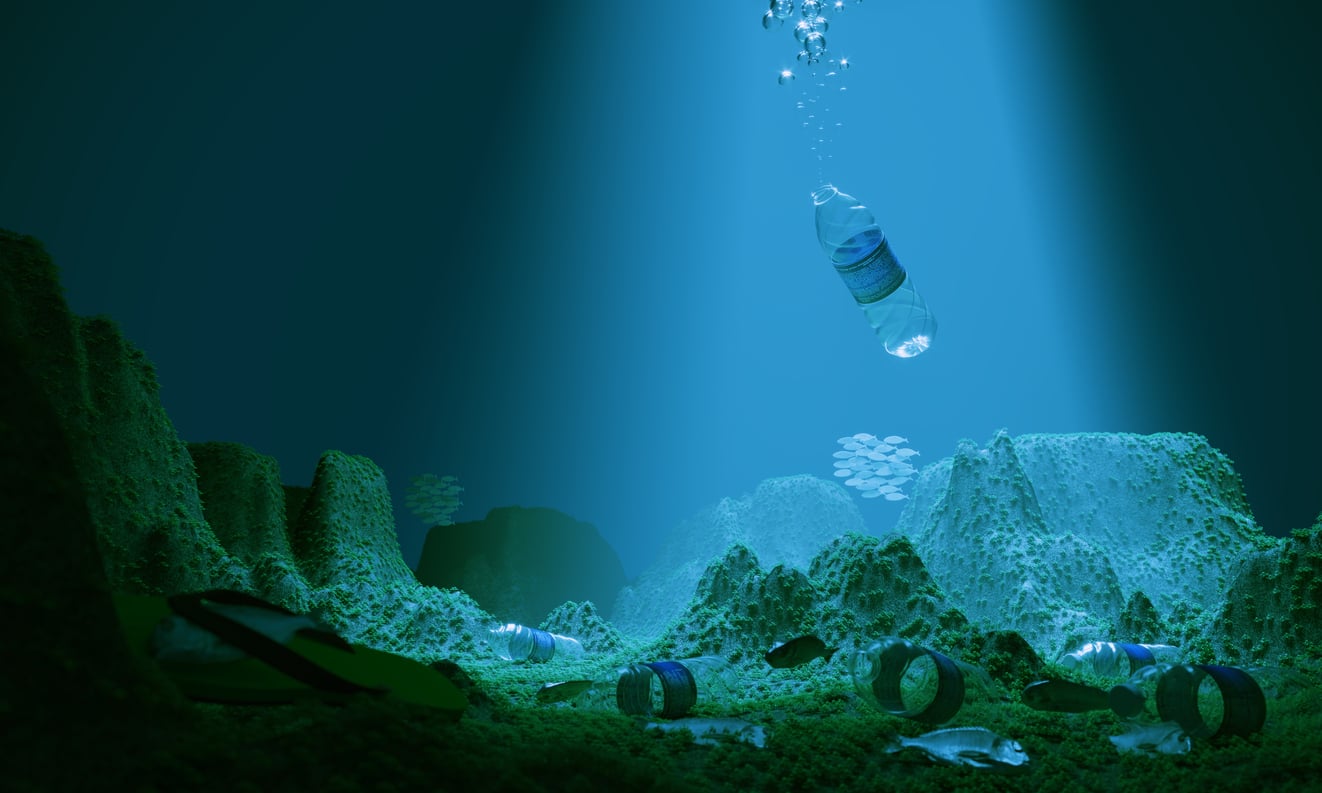
It's no secret that our oceans are in trouble. From the Great Pacific Garbage Patch to mass beachings of marine life, the evidence of human pollution is everywhere. One of the most common forms of this pollution is plastic. Plastic takes centuries to break down, and it's estimated that there are already trillions of pieces of plastic floating in our oceans. This plastic pollution is dangerous to marine life, which can mistake it for food and suffer from malnutrition as a result. Additionally, plastics can release harmful chemicals into the water, polluting the ocean and impacting the health of both marine life and humans.
Fortunately, there are things we can do to reduce the amount of plastic in our oceans. One way to do this is by committing to a plastic-free lifestyle. This means refusing single-use plastics like straws, water bottles, and shopping bags. It also means choosing sustainable alternatives to plastic products whenever possible. For example, you might carry a reusable water bottle or bring your own shopping bags to the store. Every little bit helps when it comes to saving our oceans from plastic pollution.
Reduce Your Carbon Footprint
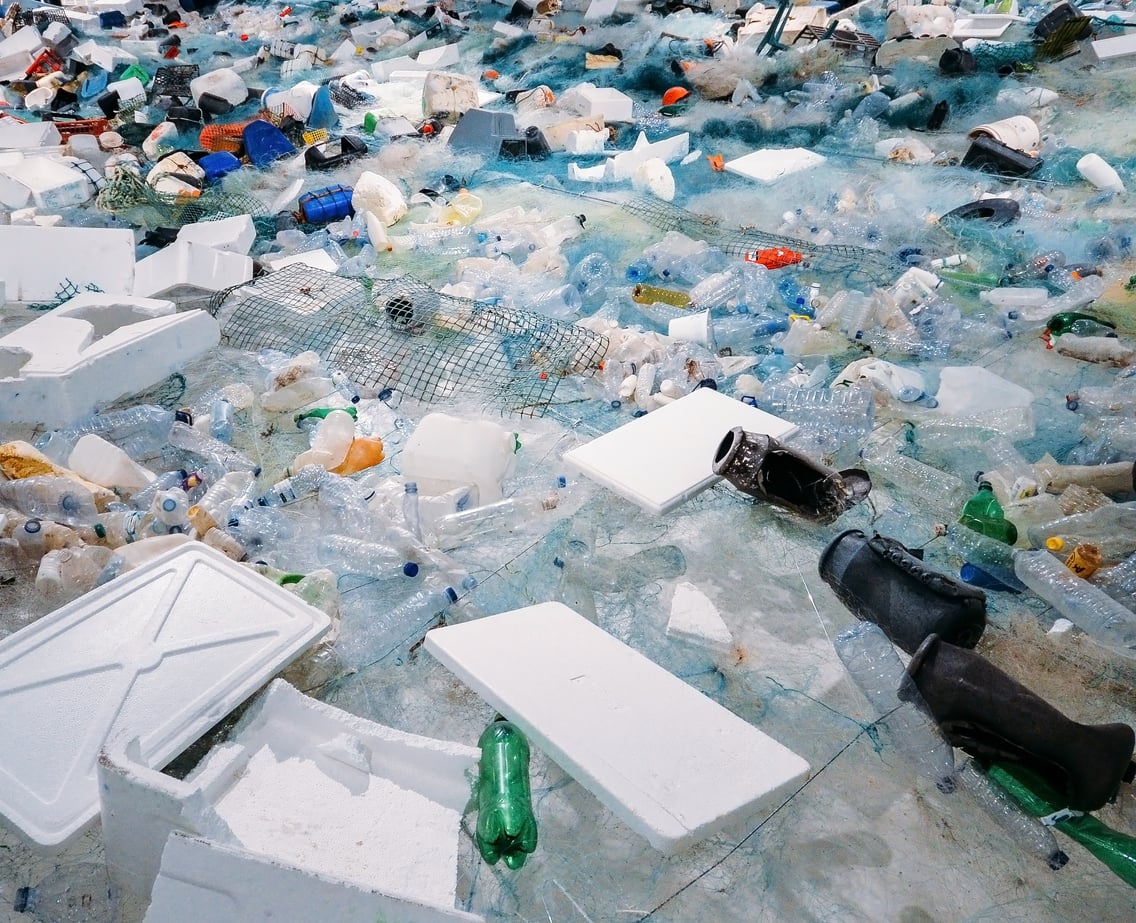
As the world becomes increasingly industrialized, the amount of greenhouse gases being released into the atmosphere is skyrocketing. These gases trap heat, causing the Earth's temperature to rise. This, in turn, is having a devastating effect on the world's oceans. Warmer temperatures are melting polar ice caps, raising sea levels and leading to more frequent and more intense hurricanes. As if that wasn't bad enough, ocean acidification is making it harder for marine life to thrive. One way to help combat these problems is to reduce your carbon footprint. This can be done in a number of ways, such as driving less, using less energy at home, and eating less meat. Every little bit helps, so do your part to save the ocean!
Dispose of Your Trash Correctly
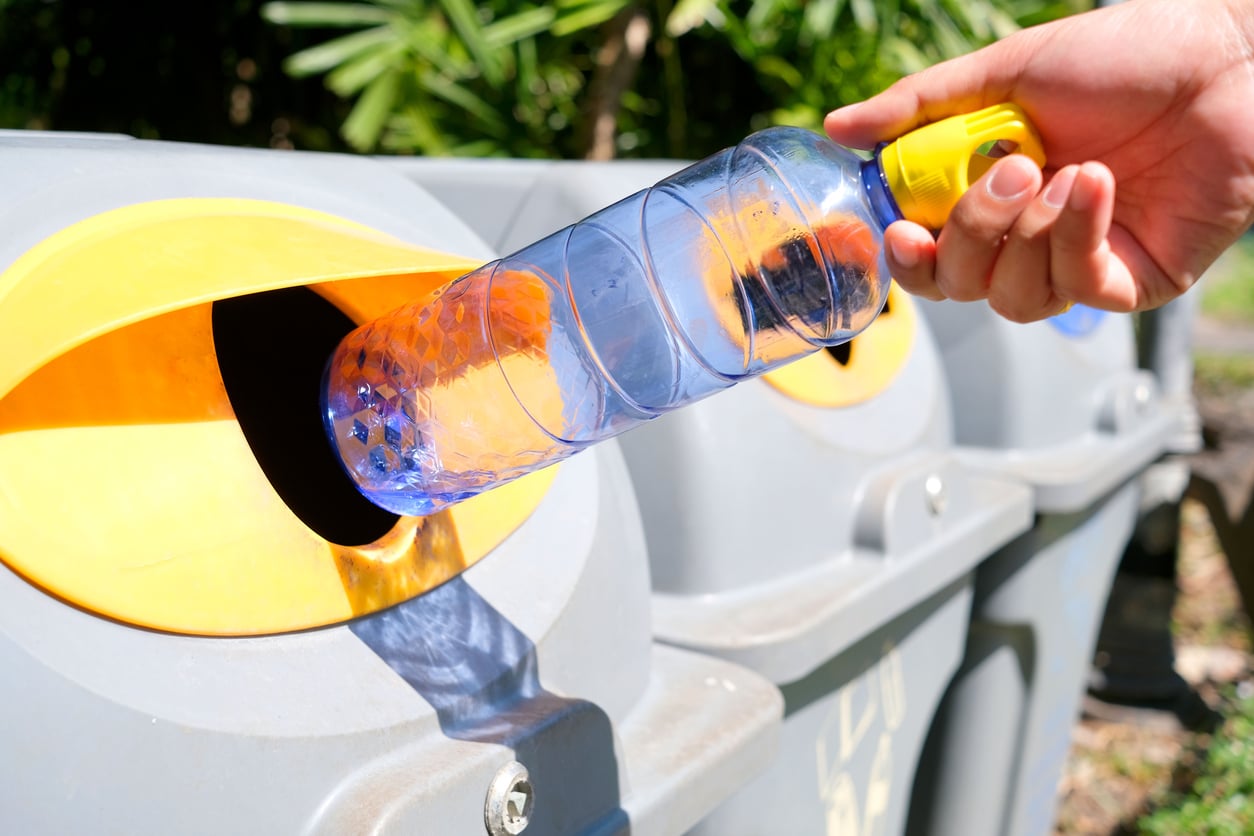
As the world’s population continues to grow, so does the amount of trash we produce. Every year, millions of tons of garbage end up in our oceans, harming marine life and polluting the water. One way to help reduce this pollution is to recycle your trash correctly. Recycling helps to reduce the amount of waste that ends up in landfills, and it also helps to conserve resources. When you recycle your glass, plastic, and metal containers, you are helping to save energy and reduce greenhouse gas emissions. In addition, recycling your paper products helps to reduce deforestation. So next time you finish that can of soda or wrap up a gift, remember to recycle your trash correctly. It’s one small way we can all help to save our oceans.
Eat Less Fish

As the world’s population continues to grow, so does the demand for seafood. Unfortunately, this has put a tremendous strain on the world’s oceans, and fish populations are suffering as a result. Overfishing not only destroys ecosystems, but it also reduces the chances of fish populations bouncing back from population crashes. As a result, eating less fish is one of the best things that we can do to save the ocean. By reducing our demand for seafood, we can help to preserve fish populations and prevent further damage to our oceans. In addition, by choosing to eat sustainable seafood, we can help to support the fishermen and women who are working hard to harvest fish in a responsible way. So next time you’re at the grocery store or out for dinner, remember that your choices really do make a difference for the health of our oceans.

